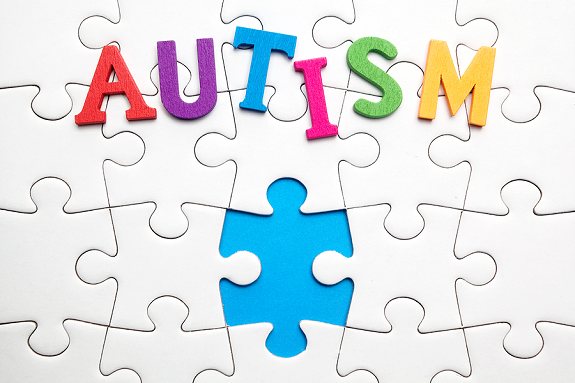
Autism & Exercise… The need to know!
September 15, 2019
The incidence of Autism Spectrum Disorder (ASD) is increasing every year. As the number of kids diagnosed with ASD increases, so does the interest in their long-term health and well- being.
Research has identified that 80% of Aussie kids don’t get enough exercise, and those with ASD are even less than that, despite growing evidence of the health risks associated with sedentary behaviour. Studies have emphasised the need for exercise interventions for children due to the increased risk of health conditions as a result of sedentary behaviour. Research supports the benefits of exercise for kids with autism, for this reason and to assist, with physical development and behaviour management.
Research has shown that kids who have ASD, are also at significantly higher risk for a host of conditions including obesity, heart disease, diabetes and many more.
Exercise helps to manage the health risks associated with sedentary behaviour and helps to manage ASD related symptoms such as:
- Improved attention and concentration
- Reduction in negative and repetitive behaviours
- Improved social and emotional regulation and skills
- Independence & confidence in own ability
Exercise also helps to build and develop motor skills such as:
- Balance
- Walking
- Posture
- Flexibility
- Coordination and movement speed
- Body awareness
- Proprioception
Improving your child’s metabolic and physical health, in conjunction with development of motor skills leads to better overall physical health, independence and function. Exercise increases self-confidence and self-esteem, which assist to build and increase their opportunity for social activities.
So how do you get started?
Contact your local Accredited Exercise Physiologist. An exercise physiologist is a university qualified health professional that is trained in exercise prescription, they understand how to prescribe exercise specific to your child. They understand the barriers to physical activity in those with ASD such as sensory challenges, differences with information processing and reduced motor planning, coordination or proprioception difficulties. Exercise physiologists will perform an initial assessment to identify what barriers your child might experience and will then provide a safe and specific exercise program tailored to their specific sensory and motor needs. Initially, a session may not always look like a ‘traditional’ exercise program. The exercises may be prescribed in a way that makes it fun and keeps your child engaged. The movements will still be tailored to their ability and skill level but may be in a game-based format to make it enjoyable.
Exercise is an important component in every child’s development, and it is imperative that it is included in their routine no matter their diagnosis. Research has demonstrated not only the safety but also the benefits of exercise in youth with autism and advocated for the positive physical and behavioural elements also.
Amy Davis
Accredited Exercise Physiologist
Other News
Why Runners should do Pilates
Why runners should do Pilates? Simple, it will make you a better run...
June 23, 2023
Managing POTS through exercise
Struggling with exercise since being diagnosed with POTS? This one’s for ...
April 24, 2023
Exercise in Stroke Rehabilitation!
Strokes occur when blood supply to your brain is stopped. This can be tempo...
March 10, 2023







